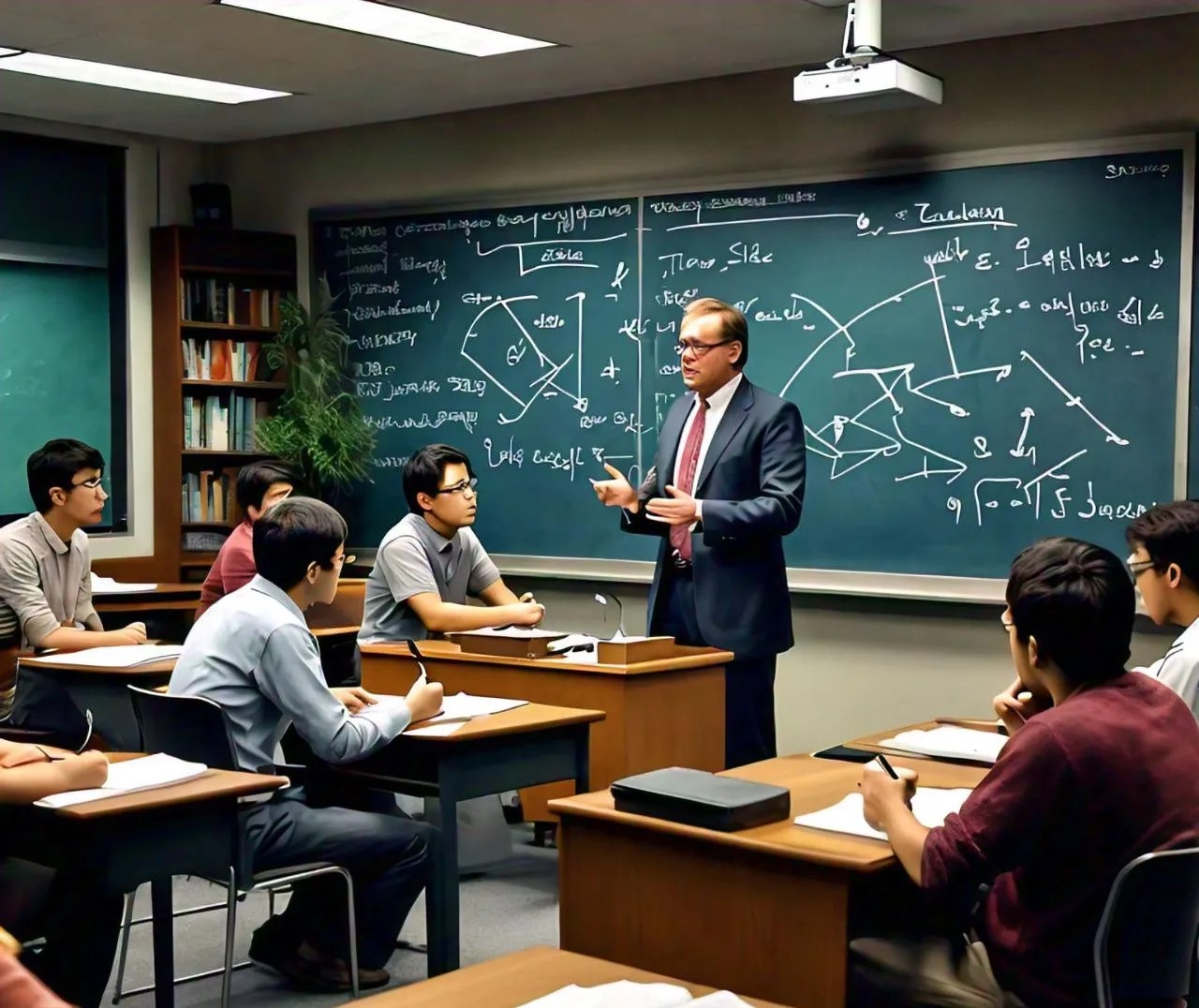
Technical Science - Trade Theory: A Gateway to Engineering Excellence
Technical science forms the backbone of engineering, providing the theoretical framework and practical insights required to excel in various technical trades. At Mangalmurti Engineering Classes, Ambernath, we recognize the significance of mastering trade theory to build a strong foundation in engineering disciplines. Let's explore the critical role of trade theory and its relevance in shaping the future of budding engineers.
Understanding Trade Theory
Trade theory is a systematic study of the principles, practices, and scientific methodologies applied in technical trades. It encompasses a wide range of topics, from basic mechanics and material properties to advanced concepts in electronics, instrumentation, and automation. This field bridges the gap between theoretical knowledge and real-world applications, enabling students to understand how things work and why.
For students pursuing courses like B.Sc Physics or Instrumentation Engineering, trade theory offers insights into:
Material Science: Understanding the properties and behavior of materials used in engineering applications.
Thermodynamics: Principles governing heat, energy, and work in mechanical systems.
Circuit Theory: Fundamental knowledge of electrical circuits, essential for electronics and instrumentation.
Automation Basics: Introduction to programmable systems and their role in modern industries.
Importance in Engineering Education
Foundation for Practical Skills: Trade theory provides the theoretical knowledge that forms the basis for hands-on technical skills.
Problem-Solving Abilities: By learning the science behind technical processes, students can analyze and solve engineering problems effectively.
Industry Readiness: Understanding trade theory equips students with the knowledge needed to adapt to evolving technologies and industrial demands.
Trade Theory in Electronics and Instrumentation
Electronics and instrumentation are rapidly growing fields where trade theory plays a pivotal role. Topics like semiconductor devices, signal processing, and sensor technology are rooted in trade theory, enabling students to design, troubleshoot, and innovate.
For instance, students studying bi-focal subjects like electronics learn:
- The functioning of transistors and integrated circuits.
- Principles of digital and analog communication systems.
- Basics of control systems and their applications.
Why Mangalmurti Engineering Classes?
At Mangalmurti Engineering Classes, we aim to make trade theory engaging and practical. Our experienced faculty, state-of-the-art resources, and industry-relevant curriculum ensure students grasp concepts effectively and apply them in real-world scenarios. From interactive lectures to hands-on projects, we prepare students to excel in their academic and professional journeys.
In conclusion, technical science and trade theory are more than academic subjects; they are tools to innovate, create, and excel in the engineering world. Join Mangalmurti Engineering Classes to embark on a journey of technical mastery and career success.

